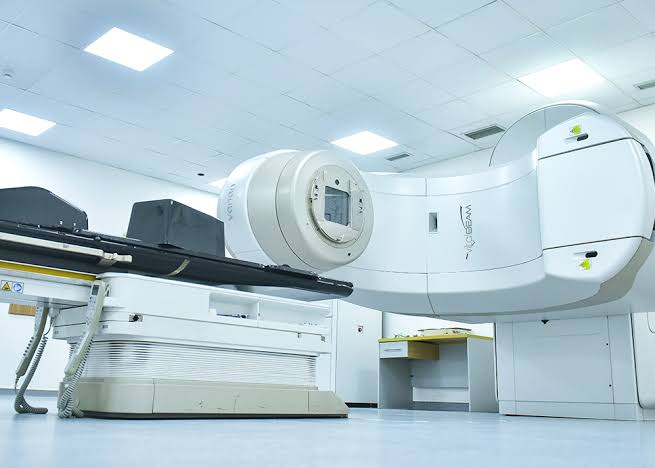The Coordinating minister of Health and Social Welfare, Prof. Muhammad Ali Pate, has announced that the Federal Government has allocated N37.4 billion to the Federal Ministry of Health (FMOH) oncology initiative to deliver six cancer centres across the country in two years.
The initiative is a result of the partnership agreement between the Federal Government and the Nigeria Sovereign Investment Authority (NSIA).
This agreement aims to provide project management and advisory services to ensure the seamless implementation of the Oncology Initiative.
According to the minister, this move is a pivotal component of the government’s comprehensive Health Sector Renewal Investment Program, which also targets reproductive, maternal, child, and adolescent health, among other areas.
The six cancer centres
To promote equitable access to oncology care nationwide, six teaching hospitals have been earmarked for the initiative, covering all geopolitical zones.
- University of Benin Teaching Hospital (UBTH)
- Ahmadu Bello University Teaching Hospital (ABUTH)
- Federal Teaching Hospital, Katsina
- University of Nigeria Teaching Hospital
- Jos University Teaching Hospital
- Lagos University Teaching Hospital (LUTH)
These institutions will receive state-of-the-art medical infrastructure, including linear accelerators, iridium brachytherapy machines, computed tomography (CT) simulators, positron emission tomography (PET) scanners, and cyclotrons.
- The ultimate goal is to ensure precise diagnosis and effective management of oncology cases, thereby easing the physical and financial burdens faced by Nigerians.
In the ensuing weeks, the agreement will undergo review and endorsement by NSIA’s Governing Board.
“We will collaborate closely with the Standards Organization of Nigeria (SON) and the Nigerian Nuclear Regulatory Authority (NNRA) to ensure effective monitoring and implementation“
“Transparency will be paramount, with Civil Society Organisations (CSOs), media, and the Economic and Financial Crimes Commission (EFCC) playing pivotal roles in monitoring spending and preventing misappropriation of funds.”
Additionally, plans are underway to establish a central oversight committee comprising specialists to supervise project implementation and fund allocation, ensuring optimal resource utilisation.



